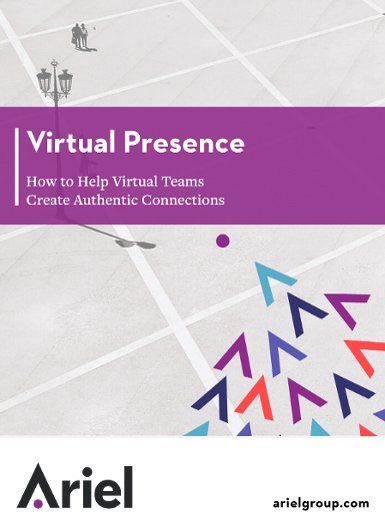4 Reasons Not to Skimp on Coaching After Training

I sneak a quick glance at my watch. Three minutes to go. The workshop’s closing on a high note. Everyone’s sharing their top takeaways from the day, and they’re nailing all the key points from the program. I do a celebratory fist pump in my mind. I pull everyone together, give a final wrap-up, direct them to some follow-up resources, and send them off: “Thanks for your great work today. I wish you all the best!” Everyone claps. Several learners come up to thank me; a few ask specific questions we didn’t get to address during the workshop. I handle the chit-chat as gracefully as I can, but soon I’ve got to race to the airport to catch my flight.
I collapse into the taxi with the typical post-workshop blend of exhaustion and exhilaration. Yes, it was a good day—I can tell they were engaged. Even so, I hear a nagging little voice in my head: Did they really internalize the learning? Will everything “stick”? Will they follow through and actually apply it?
Well, we do have a way of preventing that nagging voice from appearing and ensuring that the answer to all those questions is a resounding yes. Let’s rewind the tape back to the same place where I’m wrapping up the workshop, but this time I ask “Everyone all set with what to do for tomorrow? Great. See you then!” Since this was one of our writing programs, I gather their writing samples and questionnaires, and head back to my hotel—I’ve got a little “homework” to do to prepare for our meetings the next day…
The difference in the second scenario is that the client has arranged for a day of coaching after the workshop. This consists of one-on-one meetings with the facilitator and each of the learners. Usually these are in-person, though sometimes we conduct them remotely. The purpose is to review each learner’s writing, provide feedback, answer their specific questions, and give them personalized follow-up suggestions.
Coaching enhances the entire learning experience in several ways:
Accountability improves retention
Coaching makes a positive impact before the meetings even take place. In our writing courses, learners typically write a document from scratch during the workshop, applying concepts from the program. Just knowing that they’re going to share this with the instructor sharpens their focus and increases retention during the workshop day.
The power of positive reinforcement
The first thing I always do when I review learners’ documents is to compliment the things they’re doing well. I try to be very specific here. Comments like “good job” don’t help; specific observations such as “I like the way you put the action request right in your subject line” do. There is no more potent way to make learning stick than through personalized positive reinforcement.
Fostering editing self-sufficiency
When I do notice mistakes and areas for improvement, I try not to act like the stereotypical English teacher with red pen in hand. Instead, I try to guide the learner to spot these on their own. Sometimes I’ll ask a leading question: “Notice anything about the structure of this paragraph?” Sometimes I’ll have them read one of their sentences aloud—this almost always helps them notice wordiness, awkward phrasing, punctuation errors, and so forth. I love it when they catch the edit before I point it out. After all, the ultimate goal of coaching is not for me to “fix” their document, but rather to develop their own reviewing and editing skills.
It’s all about personalization
The coaching meetings allow plenty of flexibility to address each learner’s individual needs. One might need some extra help with commas; another might want ideas on how to influence senior management to fund a big proposal. Whatever their individual differences, everyone walks away with specific feedback on their writing, a customized list of follow-up resources, and a personalized action plan.
Individualized coaching raises learning’s impact to a whole new level. For any L&D buyer who wants to minimize that nagging little voice and maximize their training ROI, coaching is a no-brainer.
